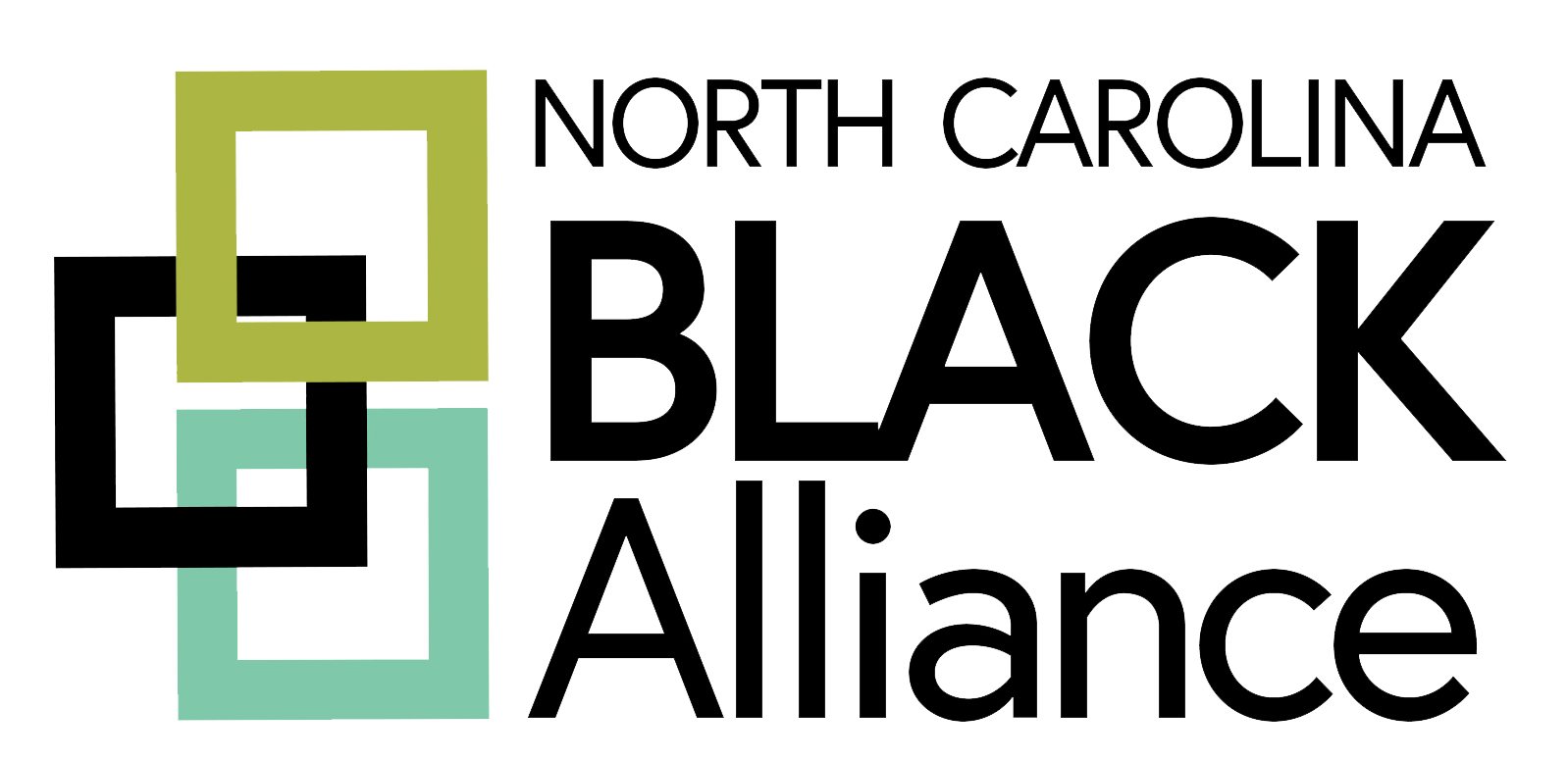SCOTUS Chevron ruling flex squeezes Black and brown communities
It was 1984—the case Chevron U.S.A. v. Natural Resources Defense Council. The highest court in the land saw fit to stay in its lane and let the Environmental Protection Agency (EPA) interpret and enforce the Clean Air Act. The ruling forced Chevron to put policy over pollution, prioritizing people over profit.
The big idea there was during times when too much legalease leaves laws too confusing, instead of having, say, federal judges with no expertise in environmental policy determine outcomes, the courts would defer to the experts, folks from the EPA, as it were. That’s where the Chevron deference reference derived.
A New Precedent with Far-Reaching Implications for Black and Brown Communities
Fast-forward 40 years. Different case. Different court makeup. Brand-new precedent.
In June 2024, the U.S. Supreme Court ruled that a federal agency had no right to force owners of a fishing business to pay to have an official inspector on a boat, making sure anglers didn’t disrupt the ecosystem by catching too many fish. The verdict is bad news for Black and brown people, in particular, said Cassandra Stokes, democracy and economy associate for North Carolina Black Alliance (NCBA).
“These communities often rely on robust federal regulations to safeguard against systemic inequities and discriminatory practices,” Stokes said.
The high court’s ruling removed muscle — Chevron deference — that federal agencies flexed in matters including public health, education, safety, housing, public assistance, environmental justice and economic opportunity.
“This change underscores the importance of continued advocacy and vigilance that ensures the rights and well-being of these communities are upheld,” Stokes said.
Let’s say a developer’s plans for a manufacturing plant would generate waste that runs into the water supply of a Black neighborhood. There was a time — as recent as June — when the EPA had the final say in making sure Black residents there remained safe.
Chevron’s deference is gone.
“The recent Chevron ruling represents a significant setback for environmental justice, undermining the ability of marginalized communities to safeguard their health and environment,” said Chad Martin, NCBA environmental justice policy strategist. “By granting excessive deference to regulatory agencies, the ruling diminishes the accountability of these agencies to the public and allows corporate interests to unduly influence environmental policies. This weakens crucial protections and perpetuates environmental inequities, disproportionately affecting low-income and minority communities already burdened by pollution and environmental hazards. The ruling, thus, hinders the progress toward a more equitable and just environmental policy, exacerbating the challenges faced by those most vulnerable to environmental harm.”
Impacts on Federal Agency Experts and Civil Rights Enforcement
Unraveling Chevron deference impacts the work of experts at federal agencies like the U.S. Department of Health and Human Services, the U.S. Department of Housing and Urban Development, the U.S. Department of Justice and the U.S. Equal Employment Opportunity Commission. Individuals at those agencies could find it more challenging to defend civil rights laws, potentially weakening enforcement that has helped Black and brown people, rolling back progress against discrimination.
“The decision to overturn Chevron deference undermines public-health precautions that keep our communities safe,” said Karida Giddings, NCBA access to healthcare coordinator. “Judges lack the scientific and medical expertise necessary to ensure that dangerous and ineffective drugs do not threaten consumers’ health and safety. In a country where our health care system is unnecessarily complicated and dysfunctional, the costs of this ruling are high. Unfortunately, the American people and our communities will pay the price.”
